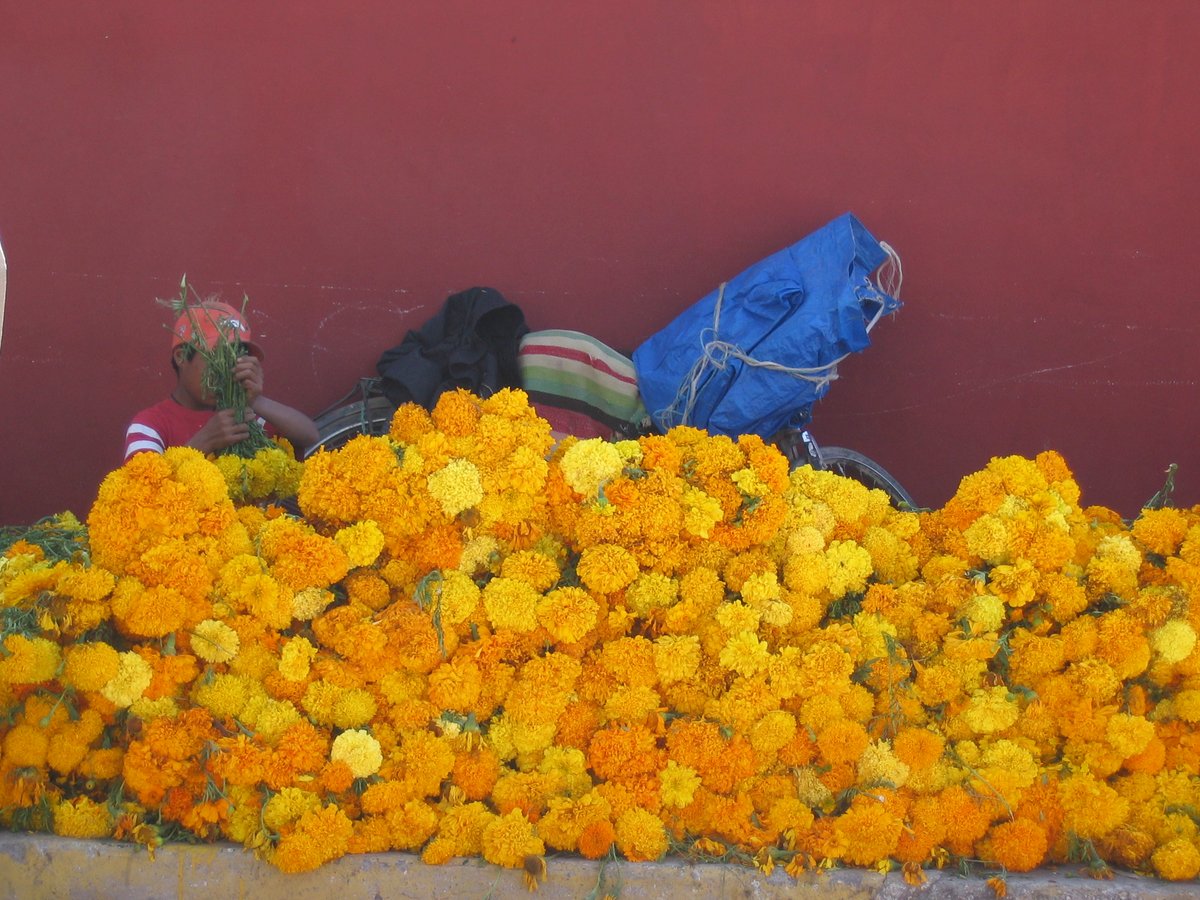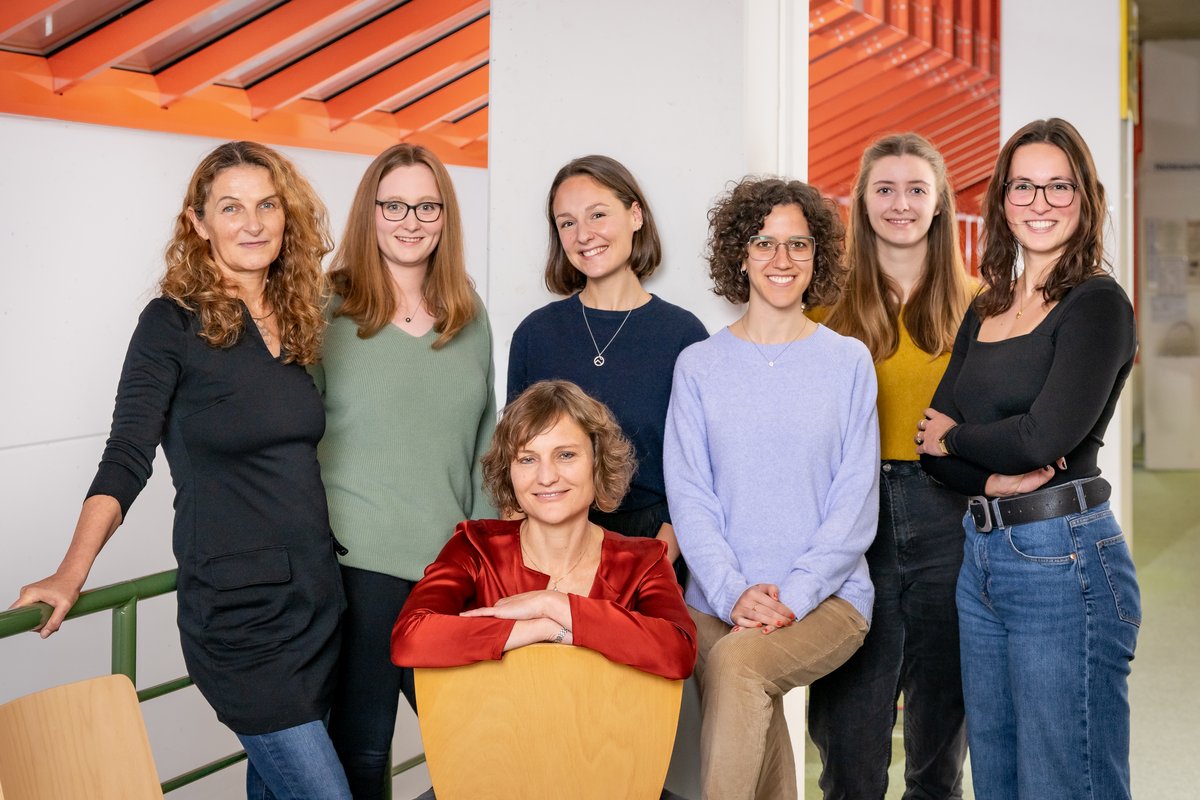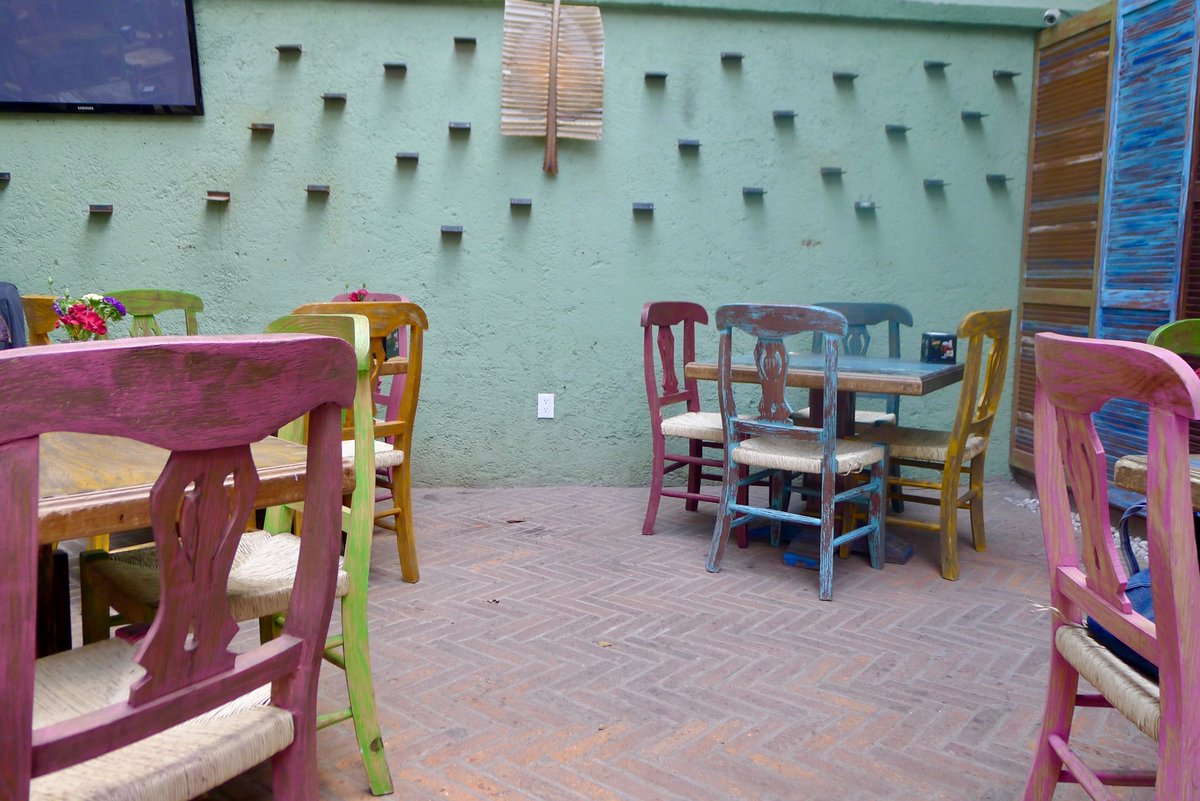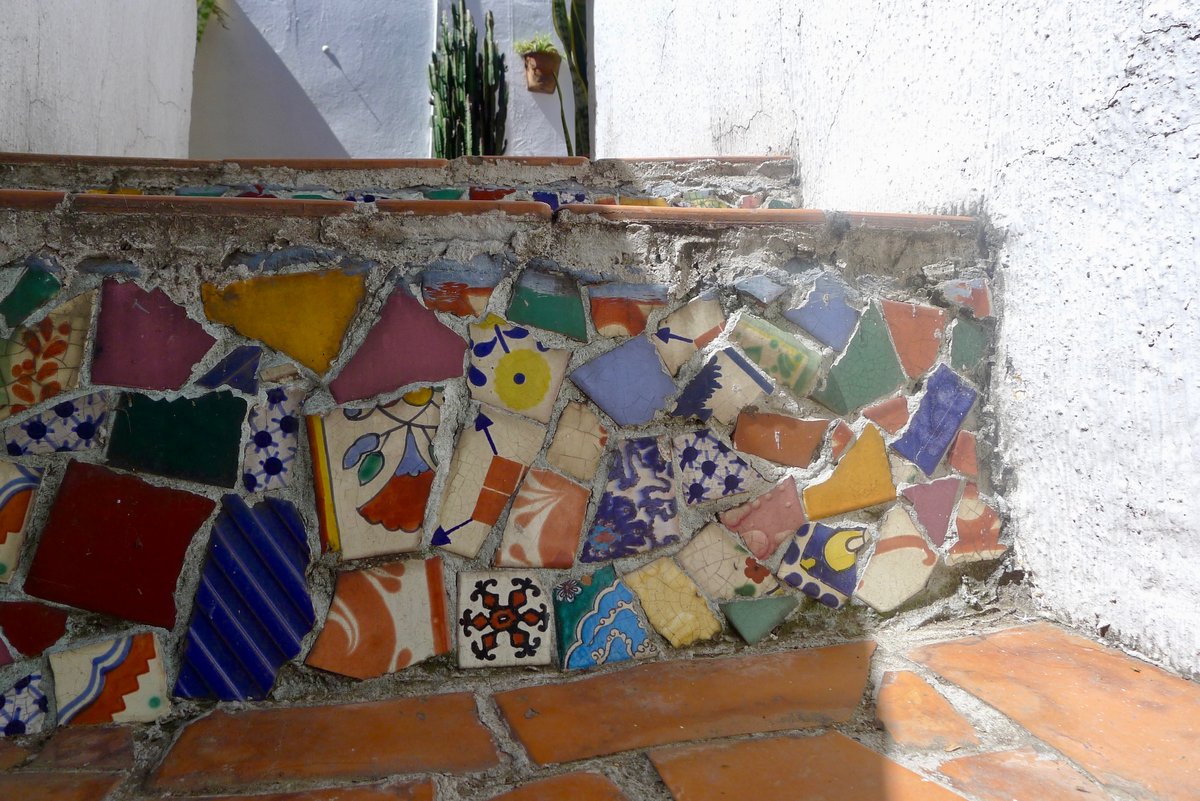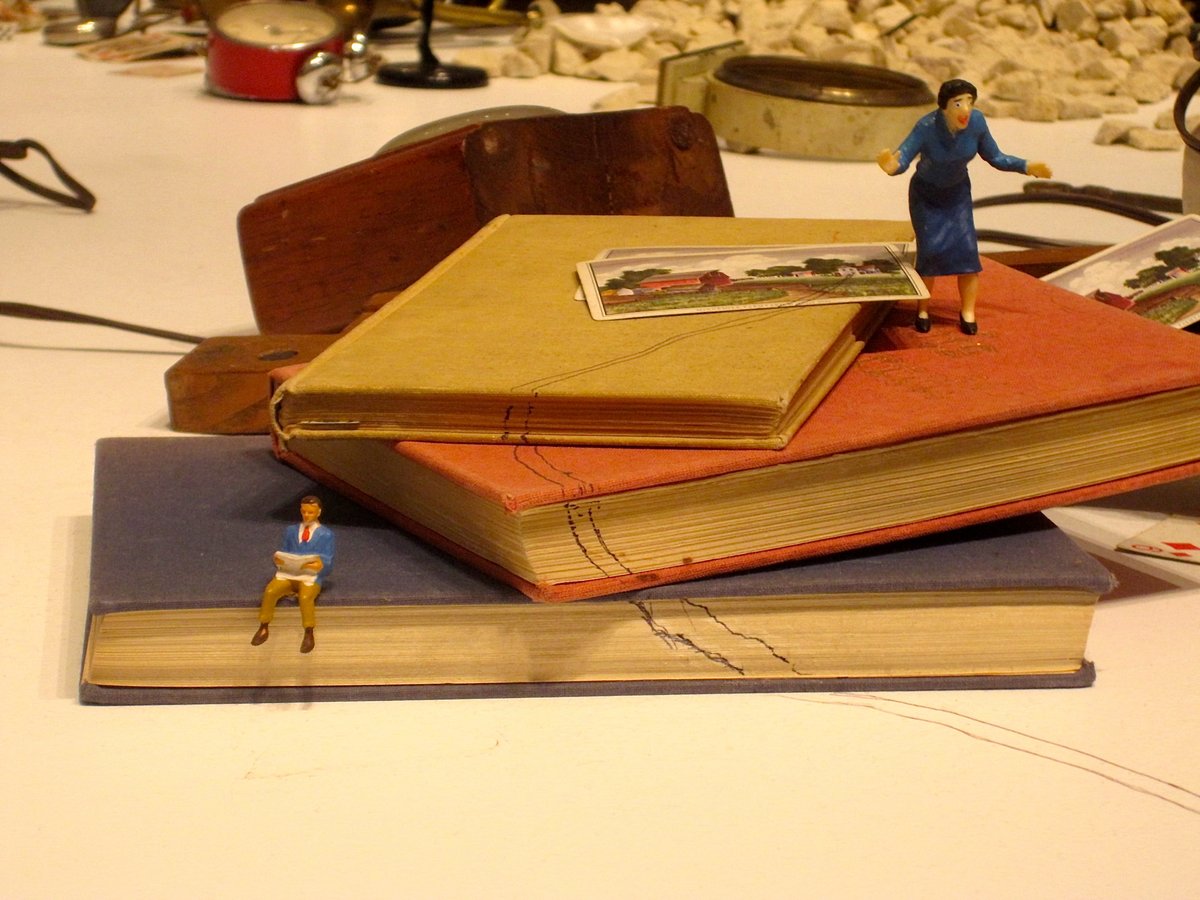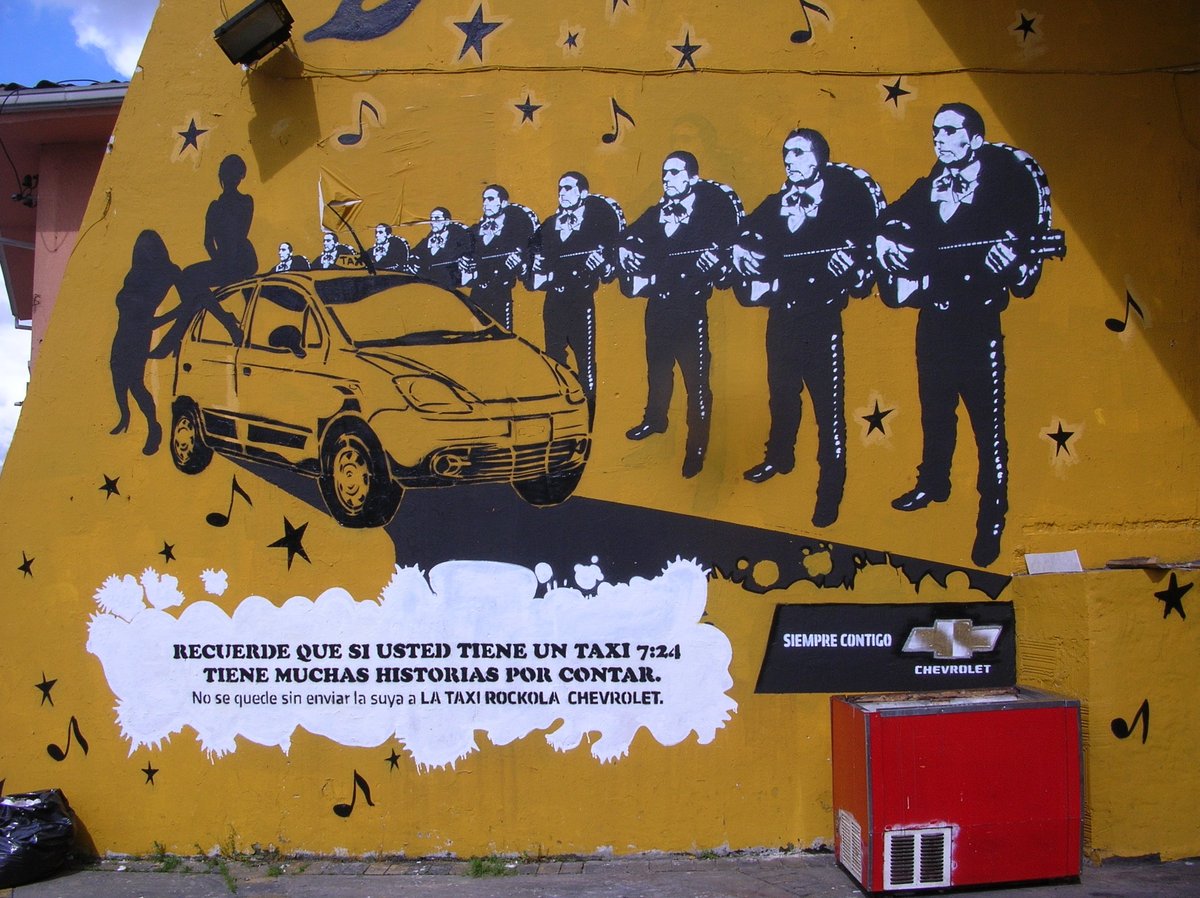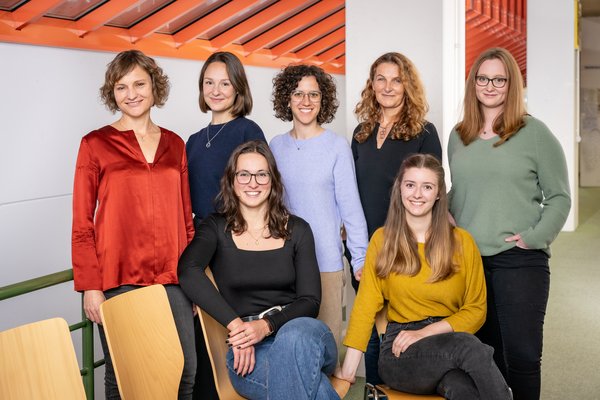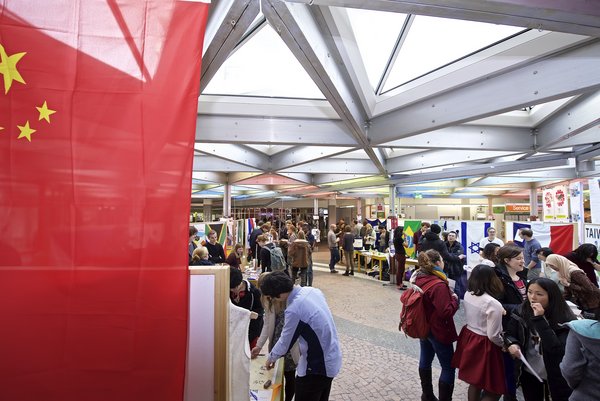From Grotesque to Sublime? Representing the Colonial/Racialized Other in the Entangled Enlightenment
12. und 13. März 2018, Leibniz Universität Hannover
Interdisciplinary Workshop
In the light of paradigms such as post- and decolonial studies, entangled histories, Atlantic and Transarea studies as well as theory on globalization, the concept of the European Enlightenment has been undergoing a massive transformation. Once a monolith with nationalist agendas and rivalling républiques des lettres, the Enlightenment has recently taken on a new face, shaped by historical and geographical interrelations on a worldwide scale. Multiple Enlightenment narratives have been identified (e.g. “Radical Enlightenment”, “Religious Enlightenment”, “Enlightenment colonialism”) and reassessed as rather heterogeneous in meaning. Especially where the concept has become intertwined with the so-called colonial or cultural peripheries of the 18th century, a “postcolonial Enlightenment” (Carey/Festa) has begun to question the seemingly clear-cut separations between the European Self and colonial/racialized Other, between enlightened anti-colonialism and colonialist positions, historical agency and the subaltern, center and periphery, or artistic originality, appropriation and “poetics of piracy” (Barbara Fuchs) in the Atlantic world.
Taking representational modes, especially literary and artistic representations of the colonial/racialized Other as a case study, our workshop aims to reconstruct and examine the genealogies and entanglements that constitute this new, pluralized and relational concept of Enlightenment. Representations of the Other are recurrent throughout European cultural and literary history. Given the fact that single case studies have proven these figures to be focal points of philosophic, aesthetic, political and cultural discourses, we are assuming that a more systematic study of the modes in which the colonial/racialized Other is framed and represented will provide important insight into the European Enlightenment subject’s relation to other parts of the world. More precisely, the construction of the image of the African slave – the epitome of a colonial and racialized Other in the context of plantation slavery – will serve as a point of comparison with representations of the Other from historical periods which precede the colonial system of plantation slavery or regions outside the reach of colonialism.
Thus, though aware of the specificities of Enlightenment thought and writing, we would like to place a special emphasis on the historical unfolding of representational modes concerning the colonial/racialized Other. What are formal elements of these representations and how do they change? What are the antecedents of aesthetic paradigms such as the sublime, which is called upon by Enlightenment philosophers such as Edmund Burke to speak of racialized Others? By focusing on a range of motifs, styles and registers (e.g. grotesque, sentimental, sublime), we are aiming for a diachronic perspective. Thus, we intend to better understand the relationship between literary forms of expression and the multiple narratives of an entangled Enlightenment, spanning across a number of centuries, cultural spheres and (sub)continents. Our research interests link the Spanish Golden Age and Spanish colonial project with French and English Enlightenments and colonialisms. Therefore and in this sense, our workshop aims to engage in an interdisciplinary and comparative dialogue between scholars.

